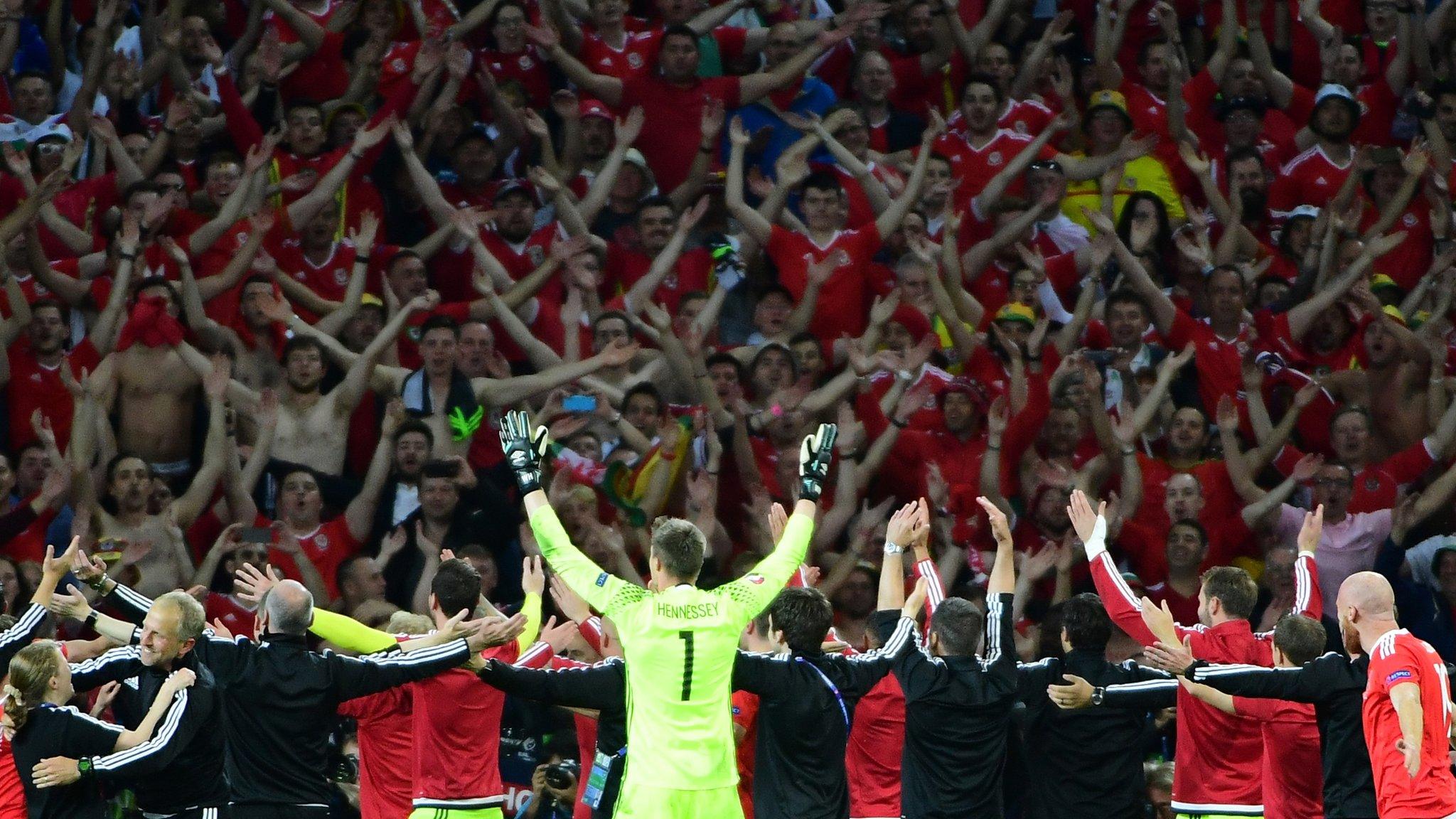Rugby World Cup: Why Welsh anthem sounds familiar in Breton
- Published
Iolo Cheung explains from Nantes why the Welsh and Breton anthems sound the same
The uncanny similarity between the Wales and Brittany anthems could see French fans joining in as the Welsh belt out Hen Wlad Fy Nhadau at the Rugby World Cup.
Wales face Georgia in their final group game on Saturday at Stade de la Beaujoire in Nantes, Brittany.
The Breton anthem borrows its tune from Wales' anthem, and its lyrics have a similar meaning.
At least one person from Nantes has even been practising to sing in Welsh.
Wales against Georgia will be the "most special game" Nantes hosts, according to city councillor Yves Pascouau, at an event on Friday to celebrate cultural links with Wales.
Nantes is the historical capital of Brittany, where about 220,000 people speak Breton, which, along with Cornish, is the surviving Celtic language most closely related to Welsh.
Nigel Dumont-Jones, who has been involved in a Cardiff-Nantes cultural exchange since 2016, said the two areas are linked historically.
The keen rugby supporter went to all three of Wales' group games and now has "Nantais friends" coming to see Wales try to secure top spot in Pool C.
The head of the exchange program, he said, had even been learning the words to Hen Wlad Fy Nhadau.
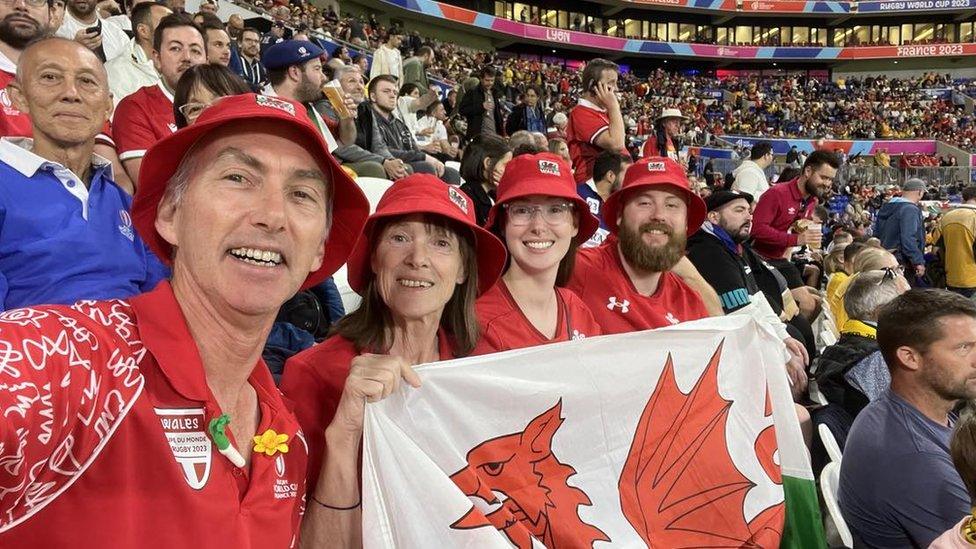
Nigel Dumont-Jones (left) has been to all the Wales games so far at this year's Rugby World Cup
"You see it in common words," Mr Dumont-Jones said, "and the people of Nantes are very much clued into their history and how it links into that of the Welsh history."
How is the Breton anthem nearly the same as the Welsh?
The Breton national anthem, Bro Gozh Ma Zadoù, translates to Land Of My Fathers - the same meaning as the Welsh anthem.
When it was selected in the early 20th Century the song was also set to the same tune of Hen Wlad Fy Nhadau.
Jacques-Yvez Le Touze, who heads a committee promoting Bro Gozh, said a decline in the number of Breton language speakers since World War Two meant the anthem was "known by only part of the population".
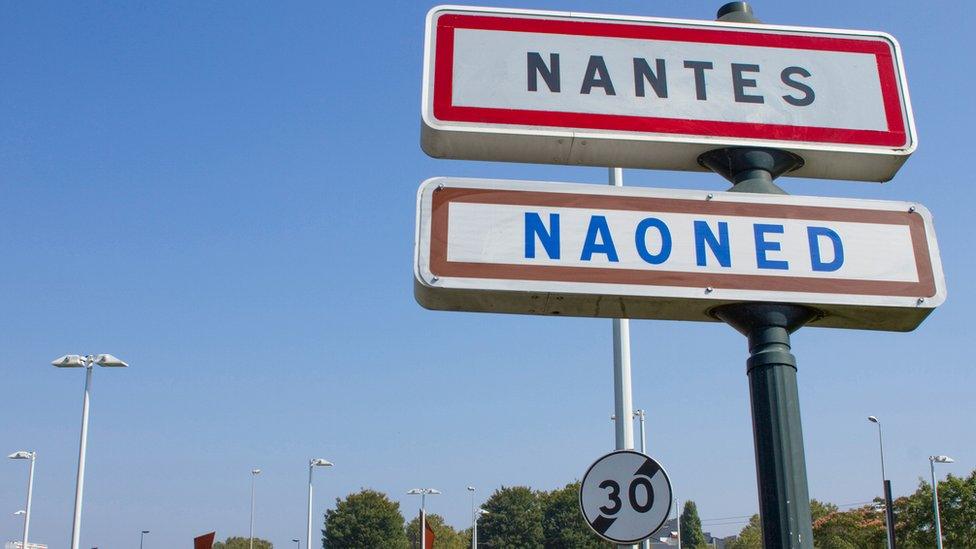
Breton, Welsh and Cornish are all part of the same group of Celtic languages
"Over the past 15 years, Bro Gozh has been increasingly performed in football and rugby stadiums, in cultural and political events, in festivals, and during family events," he explained.
"Bretons have shown for 60 years that they have the desire to do what is necessary to keep their language, their culture and their country alive," he added.
"Moreover, relations with Wales is one of the things that comforts us in this daily fight."
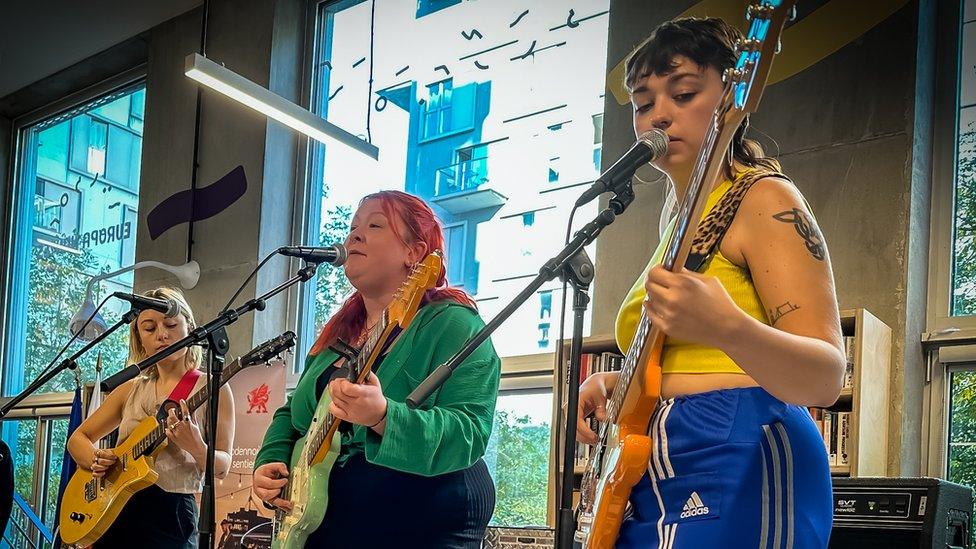
The Welsh band Adwaith played at a cultural exchange in Nantes
Welsh musicians Adwaith and Sage Todz were among those who performed at the cultural exchange, and will also line-up at a gig in Nantes on Saturday evening showcasing Welsh and French music talents.
First Minister Mark Drakeford was welcomed by local schoolchildren singing a song in Welsh, English and French, telling the audience that Wales' centuries old link to Breton must "go on thriving into the future".
Nia Gachon, who has lived in Nantes for 18 years, said the arrival of Welsh people in the city will kindle interest in historical links.
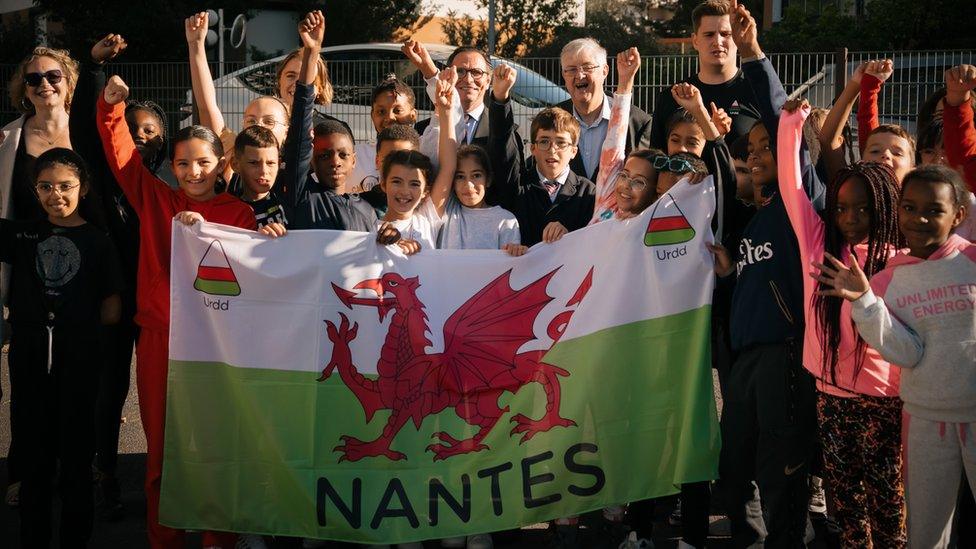
French schoolchildren sang a trilingual song, in Welsh, English and French as a cultural exchange attended by First Minister Mark Drakeford
"They know that Wales is a Celtic country, like themselves, Ireland and Scotland," she said.
"And everyone from Brittany is proud of their roots.
"But among the pupils in my class, very few knew that the [Breton] anthem was the same as the Welsh, because the Breton language isn't widely promoted.
"Welsh fans will definitely get a great welcome in Nantes though - everyone enjoyed having the Irish here two weeks ago, and it will be the same this time."
What are the Hen Wlad Fy Nhadau lyrics?
First verse:
Mae hen wlad fy nhadau yn annwyl i mi (This land of my fathers is dear to me)
Gwlad beirdd a chantorion, enwogion o fri (Land of poets and singers, and people of stature)
Ei gwrol ryfelwyr, gwladgarwyr tra mad (Her brave warriors, fine patriots)
Tros ryddid gollasant eu gwaed (Shed their blood for freedom)
Chorus:
Gwlad, Gwlad, pleidiol wyf i'm gwlad (Land! Land! I am true to my land)
Tra môr yn fur i'r bur hoff bau (As long as the sea serves as a wall)
O bydded i'r heniaith barhau (For this pure, dear land, may the language endure forever)

BEING LOUIS REES-ZAMMIT: Unfiltered access to rugby's new superstar
LEGENDS OF WELSH SPORT: Some of the greatest and most inspiring stories in Welsh sport

Related topics
- Published1 March 2023
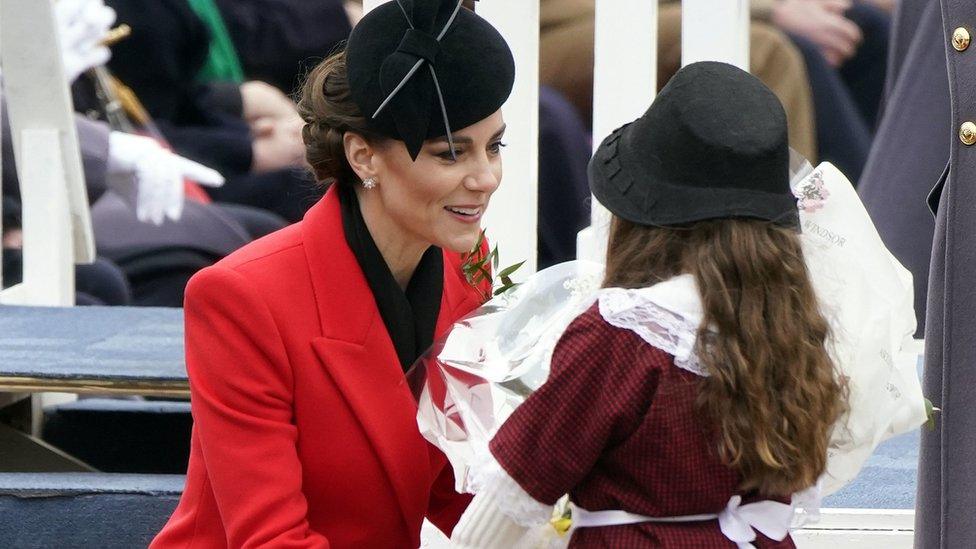
- Published24 November 2022
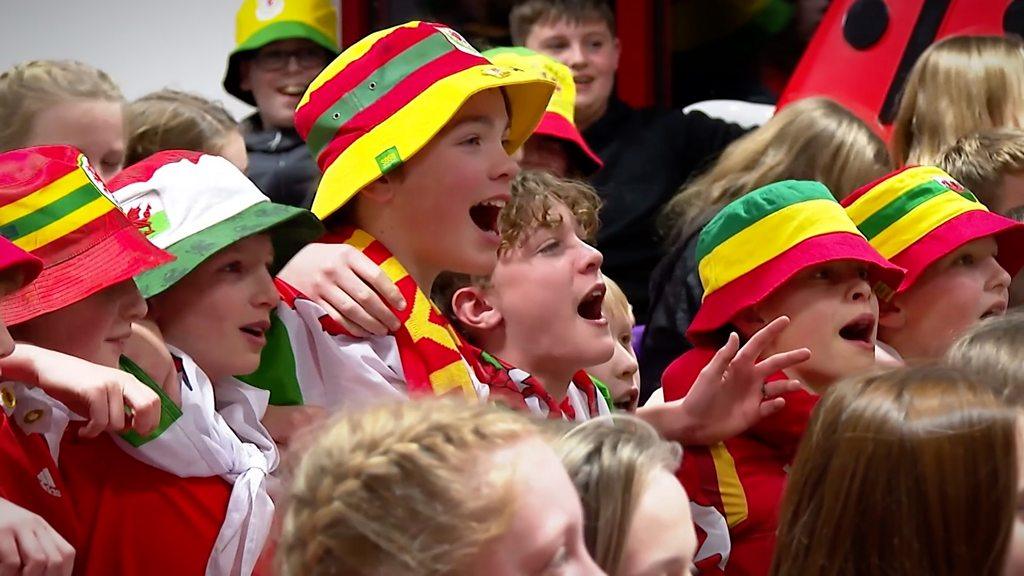
- Attribution
- Published21 September 2022

- Attribution
- Published5 June 2021
